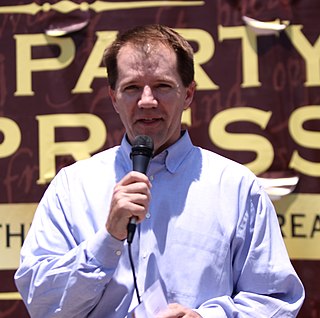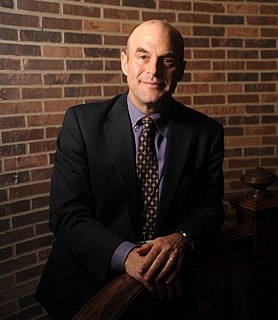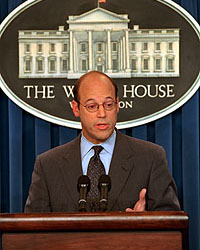A Quote by Evan Osnos
We binge on instant knowledge, but we are learning the hazards, and readers are warier than they used to be of nanosecond-interpretations of Supreme Court decisions.
Related Quotes
In fact, Native American Rights Fund has a project called the Supreme Court Project. And quite frankly, it's focused on trying to keep cases out of the Supreme Court. This Supreme Court, Justice Roberts is actually, hard to believe, was probably worse than the Rehnquist Court. If you look at the few decisions that it's issued.
The notion that the Supreme Court comes up with the ruling and that automatically subjects the two other branches to following it defies everything there is about the three equal branches of government. The Supreme Court is not the supreme branch. And for God's sake, it isn't the Supreme Being. It is the Supreme Court.
Class warfare always sounds good. Taking action against the rich and the powerful and making 'em pay for what they do, it always sounds good. But that's not the job of the Supreme Court. The Supreme Court standing on the side of the American people? The Supreme Court adjudicates the law. The Supreme Court determines the constitutionality of things and other things. The Supreme Court's gotten way out of focus, in my opinion.
I am very proud of our Supreme Court - it is one of the best worldwide. Nevertheless, since the 1990s, we have seen a certain imbalance in the relationship between the judiciary, the parliament and the government. The Supreme Court behaved in an activist way. We have to debate the degree to which such Supreme Court activism is appropriate.
The function of traditional history is to create a citizenry that looks to the top - the president, Congress, the Supreme Court - to make the important decisions. That's what traditional history is all about: the laws that were passed, the decisions made by the court. So much of history is built around "the great men." All of that is very anti-democratic.
We often imagine that the court serves as a sort of neutral umpire controlling the warring political branches. But this is mostly myth. The justices of the Supreme Court are themselves actors in the struggle for power, and when they intervene, they think carefully about how their decisions will affect the court's own legitimacy and authority.































